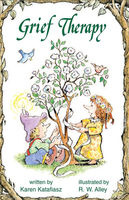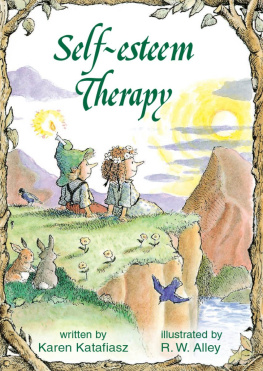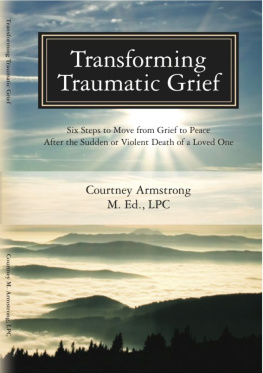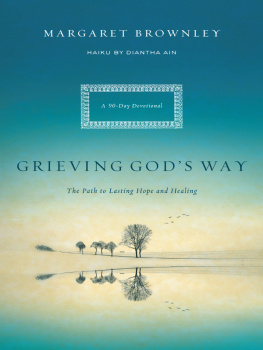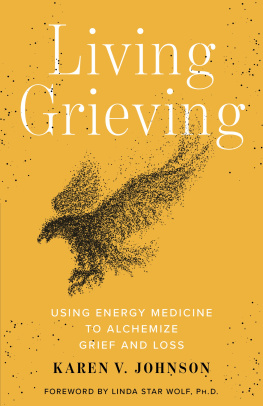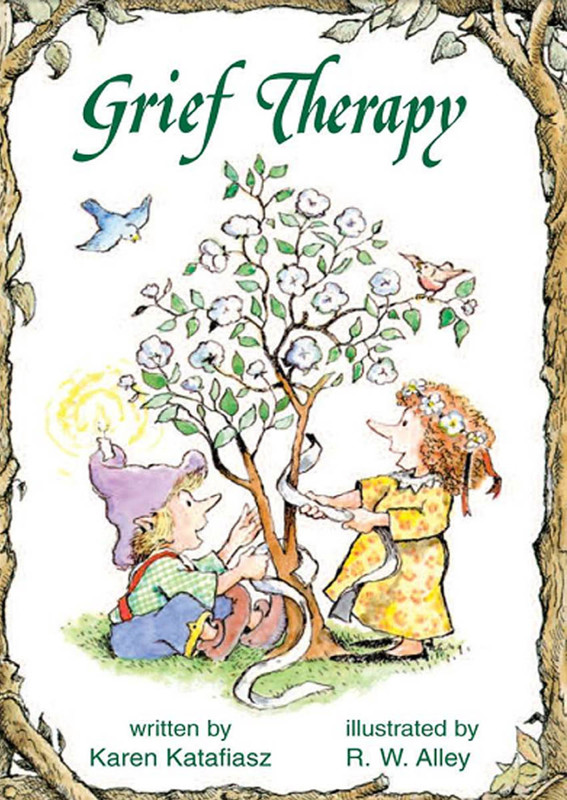
Grief Therapy
Karen Katafiasz
Illustrated by R. W. Alley

Abbey Press
Foreword
It has been over a decade since the first edition of Grief Therapy was first released. Since that time, Abbey Press has kept its presses rolling with reprint after reprint of this wise and healing little guidebook.
Now, with nearly half a million copies in print, we offer readers a New, Revised Edition. It is a work that steadfastly maintains all the precious essentials of the first edition, but adds just a touch here and a phrase there, a re-wording here and a new bit of psychology or spirituality there.
As ever, Grief Therapy continues to emphasize that there is no way out of grief, only through grief. Only by letting ourselves experience grief can we move beyond it. Beyondnot to the old way of being what was once normal; not to denial of our hurt; not to resentment and bitterness. But beyond to fully integrating loss into life, to richer understanding, renewed purpose, deeper spirituality, rebirth.
Respect the power of grief. Know that it can affect you psychologically, physically, and spiritually in intense and sometimes surprising ways. Stay gentle with yourself.
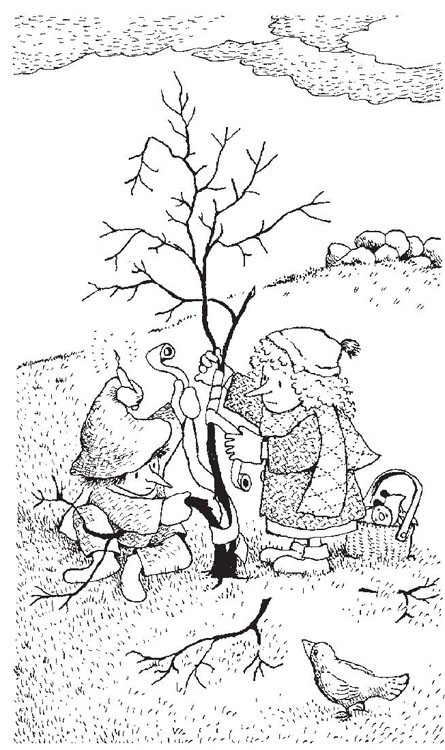
Be open to the pain of your broken heart. Godand caring peoplewill enter through its brokenness.
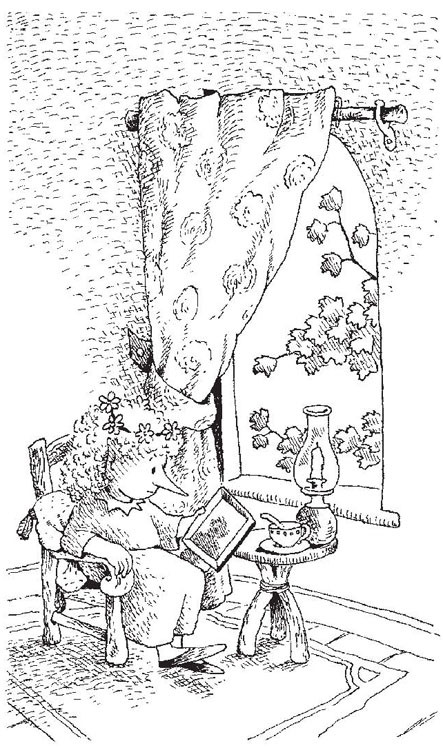
Remain open to the hurt. You may think it easier to suppress the pain or avoid it with distractions and busyness. But eventually your emotions will surface; grief will demand your attention.
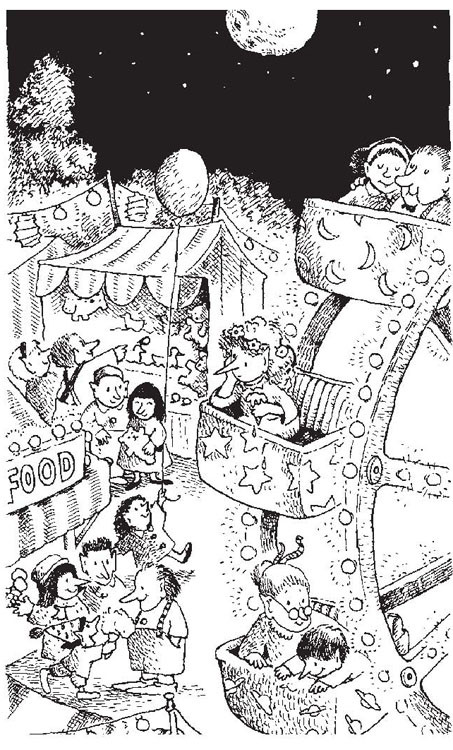
Cry. Your tears testify to your love. And tears that spring from love help bring healing and renewal. Let your tears express the harsh reality of your loss. And let them begin to wash away the sadness and pain.

Stay connected to others. You need their presence, their support, their concern, their listening, their hugs. You need not be alone in your grief.
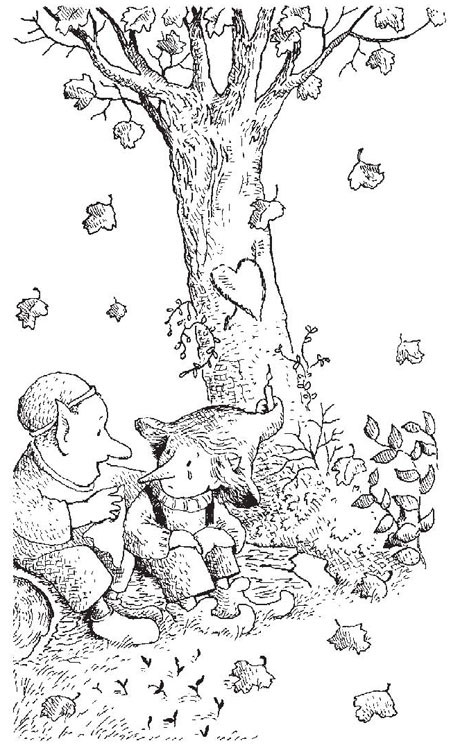
Give yourself time to grieve. It may take several years just to accept the finality of a loss, that someone is gone forever, and even more to work through your emotions.

Grieve in your own way. The pattern of your grief is unique, shaped by your particular relationship, specific circumstances, and distinctive temperament. Ignore others attempts to tell you how to feel or how long to feel.
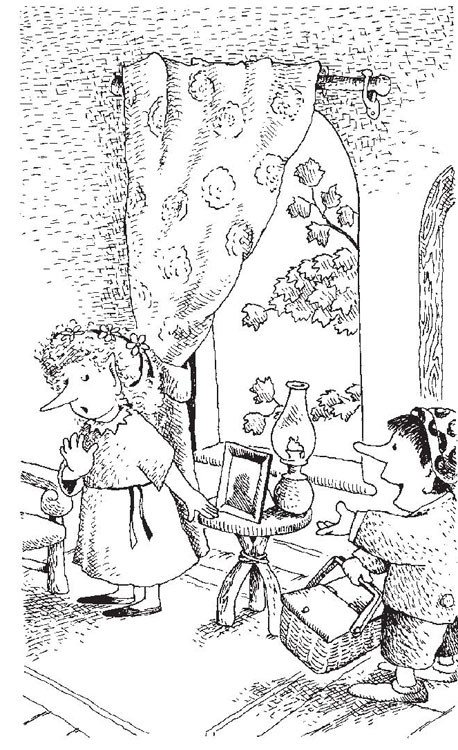
Expect to experience different stages in your grieving: shock, numbness, denial, depression, confusion, fear, anger, bitterness, guilt, regret, acceptance, hope. They may come in any order and any number of times.
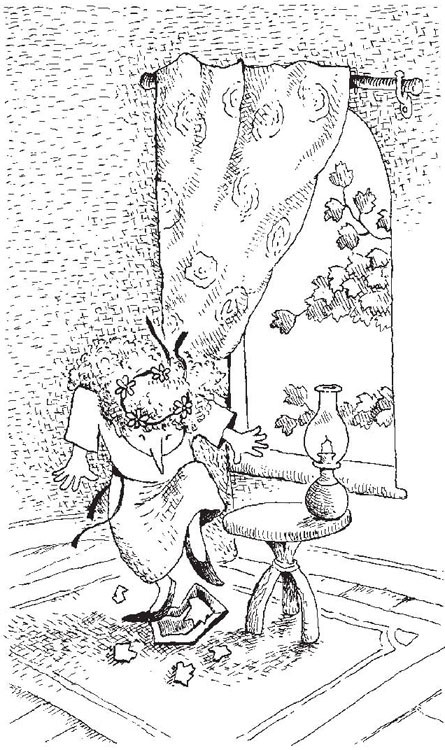
Forgive yourself: for being angry or disappointed with others, including the one who died and left you; for being powerless to have prevented the loss; for everything you wish you had or hadnt done.
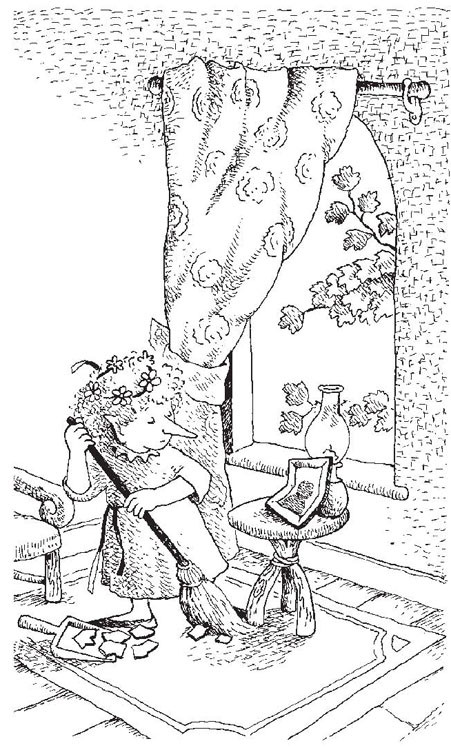
Its OK to be angry with God. Something seems unreal and terribly wrong nowsomething is wrong nowand you may feel cheated. Its perfectly right to acknowledge that.

Your loss is not Gods punishment or Gods attempt to test you. Know that God shares the hurt in your heart and wants to lead you to new hope and peace; know that God grieves with you.
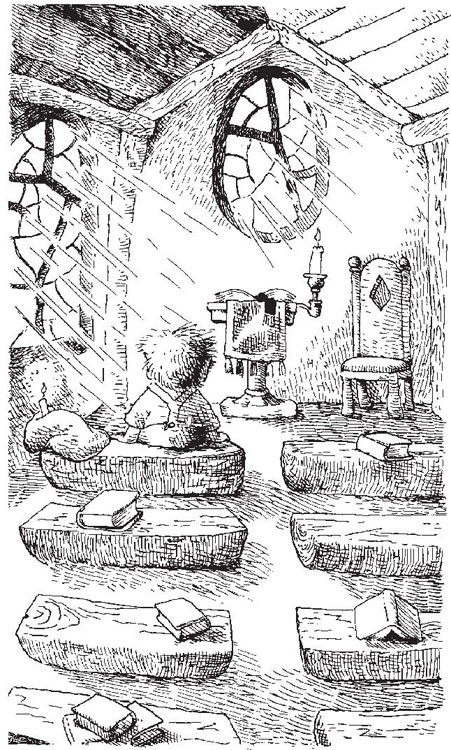
When some persons attempts to comfort you only deepen the hurt, forgive them for not understanding. Later, when you comfort someone else, remember what not to say.
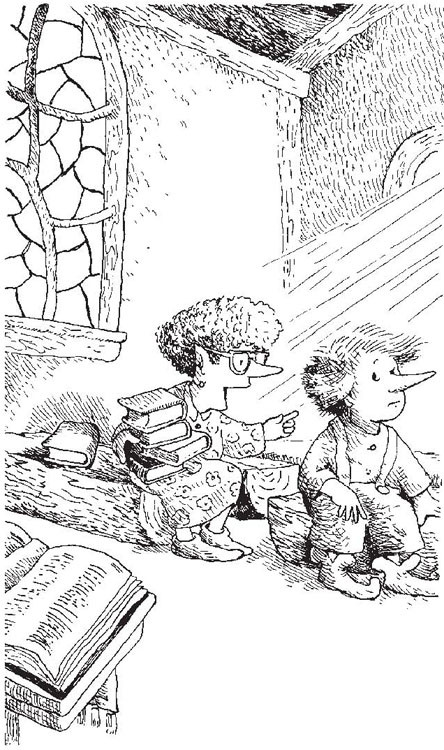
Be with those who also are grieving. As you tell your stories, you will share an understanding of the heart that is deeper than words.
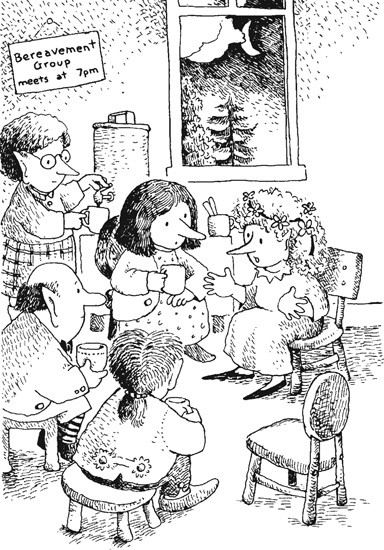
Learn from those who have experienced healing after loss. Their survival is reassuring proof that you, too, will endure. Their understanding and empathy are their greatest gifts to you.
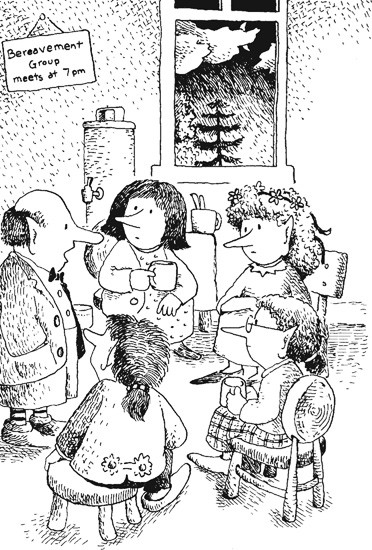
Where your wound is, there can be your greatest contribution. You know what it is to be vulnerable and in pain. Let that knowledge open you to others who are hurting.
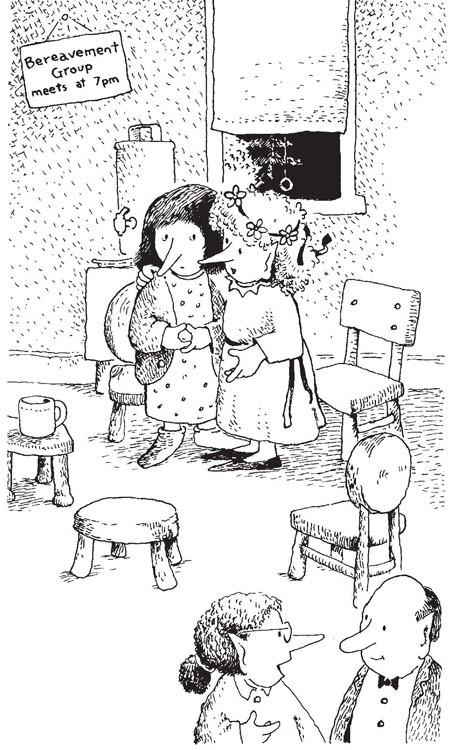
Let your grief be personal. In a letter, a poem, a drawing, a journal entryor even in an imaginary conversation with the one you have lostpour out the feelings you may never have had the chance to express. This will foster healing.
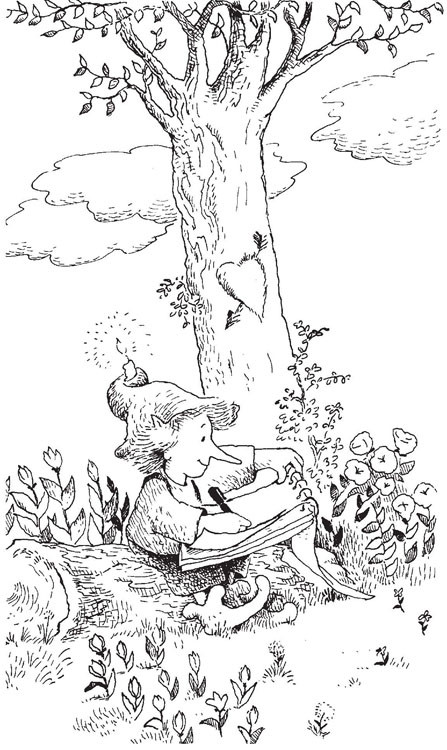
Pray for and with the one who has died. The love between you is a spiritual bond that death cannot sever. What is most precious to us is not always what we can see or touch or be near.
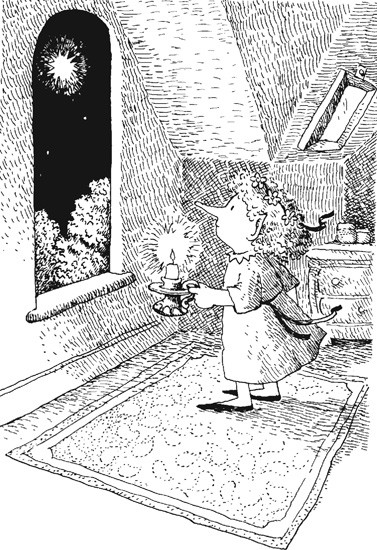
Mourn not just for the loss of what was but also for what will never be. And then gently, lovingly let go.
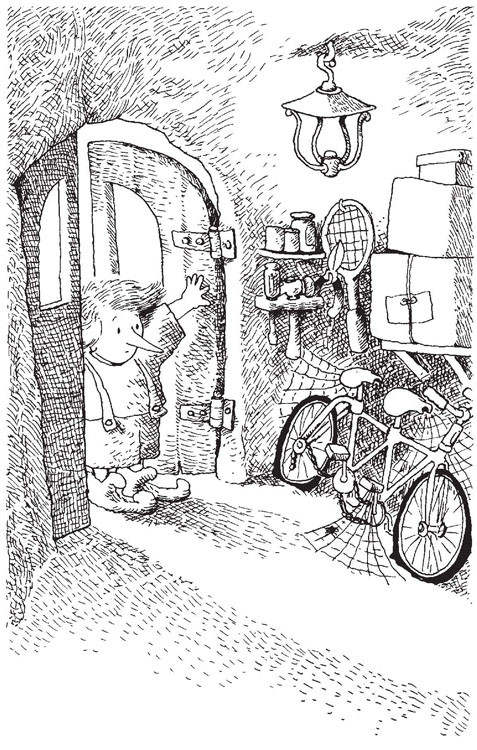
Undertake new activities and create new rituals out of the past. Through them you can maintain the memory of your loved one, even as you embark on a different chapter in your life.
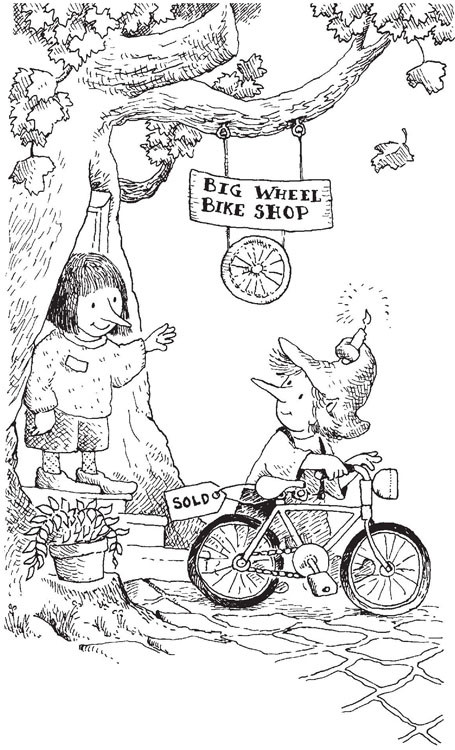
Make small beginnings toward reshaping your life without the one you loved. Your efforts are seeds of hope that you can cultivate into fruitful tomorrows.
Next page
